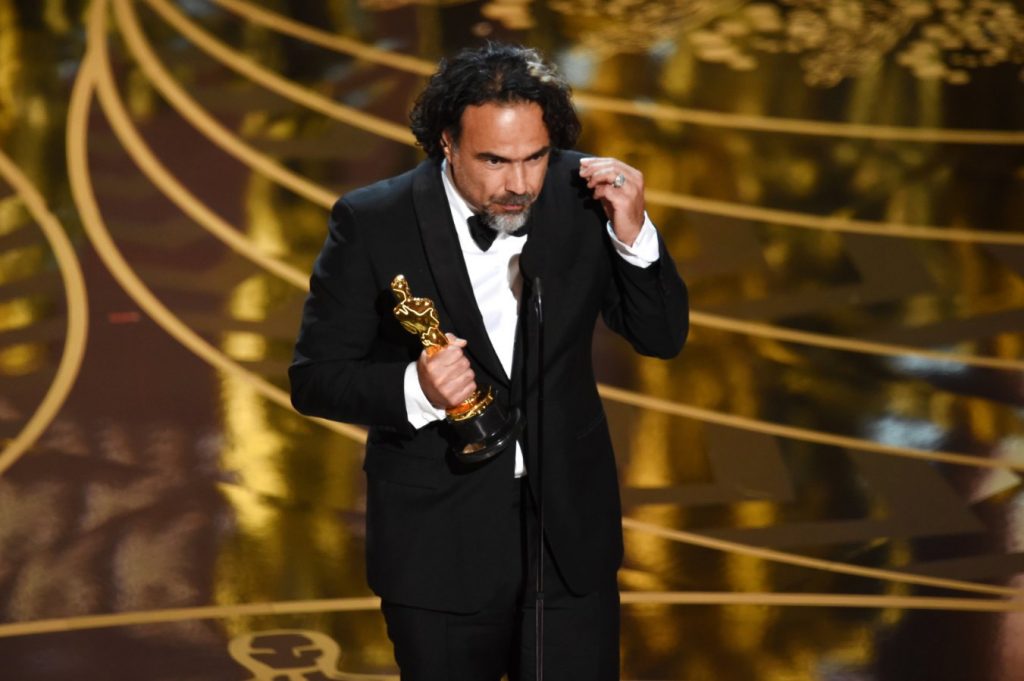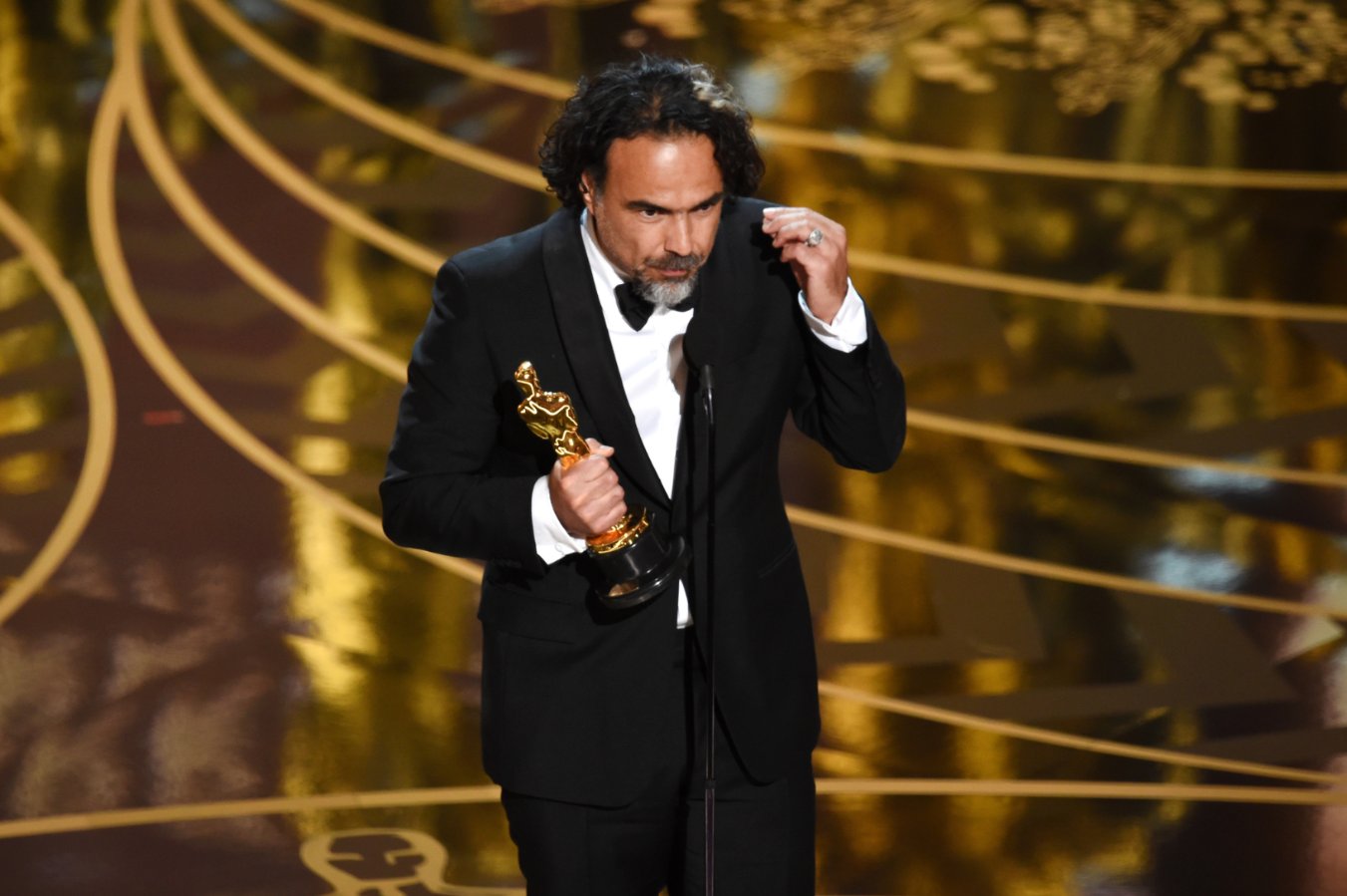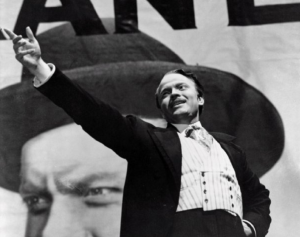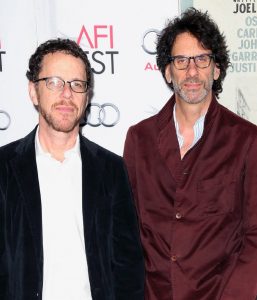For the 88th year in a row, the Oscars have come and gone. There’s already been plenty of digital ink spilled on the topic, of course – from the #OscarsSoWhite drama since the nominees were announced to Chris Rock’s sprawling, biting opening monologue and some noise over Alejandro González Iñárritu’s speech about overcoming prejudice getting played off to Wagner, the Oscars have fueled an impressive number of thinkpieces despite low viewer turnout this year. I’m not here to enter that dialogue, admirable though it is; I’m here to write about what the Oscars are, technically, really about: movies.

IMDb
If you spend all year drafting predictions and waiting for the awards season to kick off (look out for The Light Between Oceans to clean up in 2017, by the way), you may know that this was a weird year. Frontrunners seemed to fall in and out of favor all year long; the Directors’, Producers’, and Screen Actors’ Guilds all split their awards between different films; a two-hour long car chase was a serious contender since May. At the end of it all, here are my takeaways:
- Iñárritu has figured out the Oscars, it seems
If you hadn’t heard the name Alejandro González Iñárritu until recently, I wouldn’t blame you – despite his rapid ascent into two-time Best Director winner stardom, he hasn’t exactly been a big name. He’s had some recognition at the Oscars before, scoring Foreign Language Film nominations for Amores Perros and Biutiful as well as Picture and Director nods for Babel, but it wasn’t until last year’s ceremony that he won his first three Oscars for Birdman in Picture, Director, and Original Screenplay. It seemed virtually unbelievable that Iñárritu could pull off another Director win the year after so much success, but he – justly or not – appears to have tapped into something that the Academy eagerly responds to. This is no doubt thanks in part to his new partner in crime Emmanuel Lubezki, whose cinematography in The Revenant and Birdman netted him consecutive Oscars as well (securing a Best Cinematography hat trick following a win for Gravity the year before).
- Little films can play, too
On nomination morning back in January, some were pleasantly surprised when Ex Machina, a little-seen sci-fi film from very early last year, scored two nominations in Original Screenplay and Visual Effects. We were pleasantly surprised again when the film pulled off a surprise win in the latter category, interrupting Mad Max’s near-sweep of the technical awards. This wouldn’t be too noteworthy in itself, but Best Visual Effects is a category that almost always goes to big budget, bigger box office films like Interstellar, Gravity, and Life of Pi. This looked to be the case again this year, with the favorites to win being Mad Max and Star Wars, but Ex Machina’s win might signal a shift in the category away from bombastic blockbuster effects and towards more thoughtful and innovative films. Also, Ex Machina’s win marks the first time in the category that a woman VFX supervisor has received an Oscar, so that’s pretty cool as well.
- Maybe talent is more important than narrative
Even if you didn’t follow the Oscar race too closely this year, you may be aware of the fact that Sylvester Stallone was nominated for once again playing Rocky in Creed (his co-star, Michael B. Jordan, was tragically not nominated). Stallone was considered the favorite to win by many, at least in part because the story is irresistible – what a great opportunity to reward an Oscar-less veteran! However, on Oscar night he surprisingly lost to the humble Mark Rylance for his work in Bridge of Spies, probably the least flashy role in the Supporting Actor field. This was unexpected, but probably a good move. Rylance’s performance was highly acclaimed, and was one of the most-recognized by critics’ groups early in awards season. He took a role that wasn’t too meaty (he spends more time frowning than speaking) and crafted it into a memorable, subtly powerful character. Maybe that’s a more worthy cause for recognition than Stallone winning just for the sake of it.
As with most Oscar ceremonies, this one was as much completely predictable as it was hard to read. Mad Max cleaned up in the technical categories, The Big Short and Spotlight got their screenplay recognition (such is their right as snappy-but-socially-conscious true story films), and Leo finally got his statue. Sure, the Academy wasn’t cool enough to give the big win to Mad Max, or to nominate Carol, or to include, for example, Michael B. Jordan among their nominees. But that brings us to our final takeaway: there’s always next year for them to get it right.







